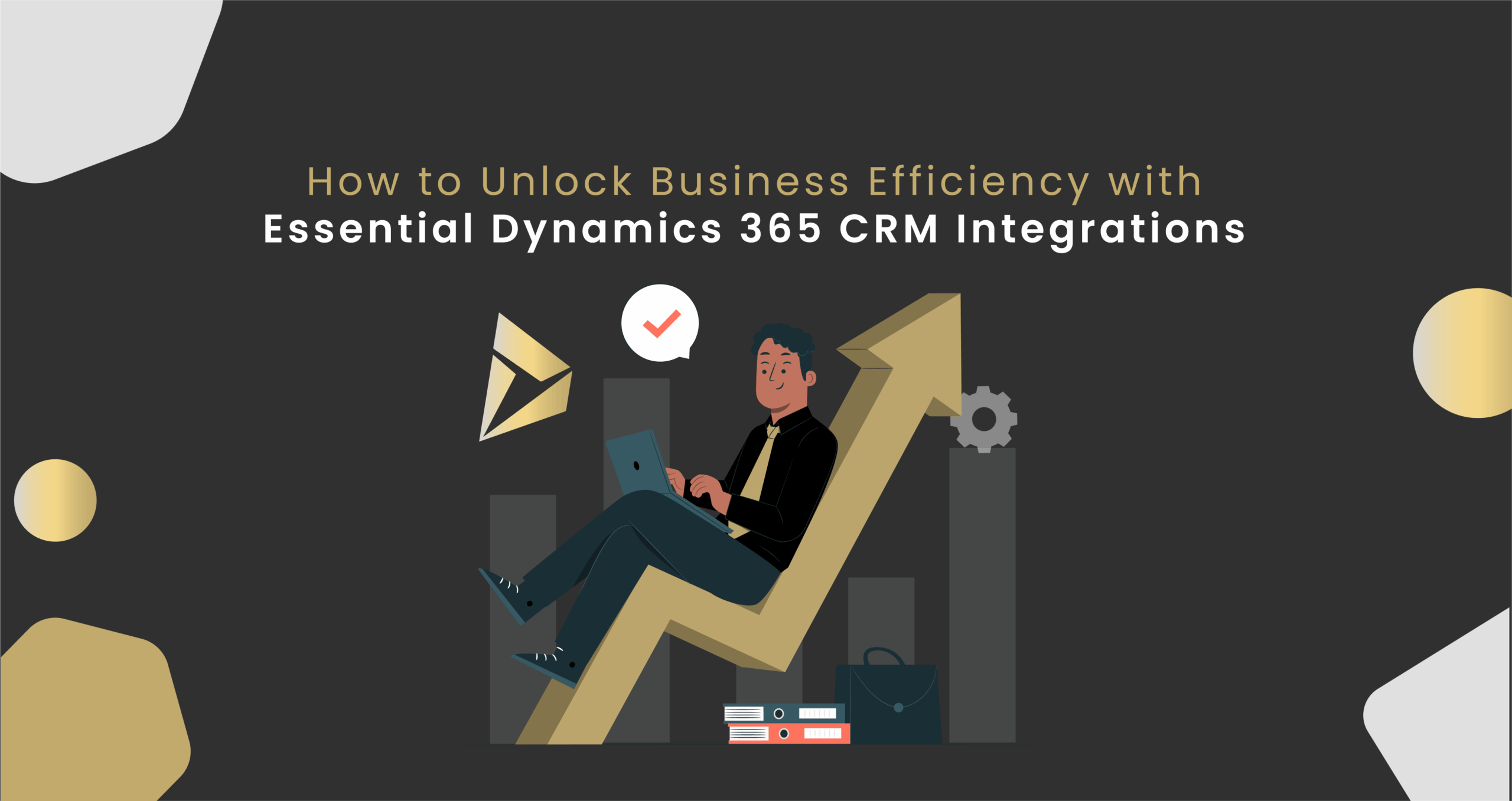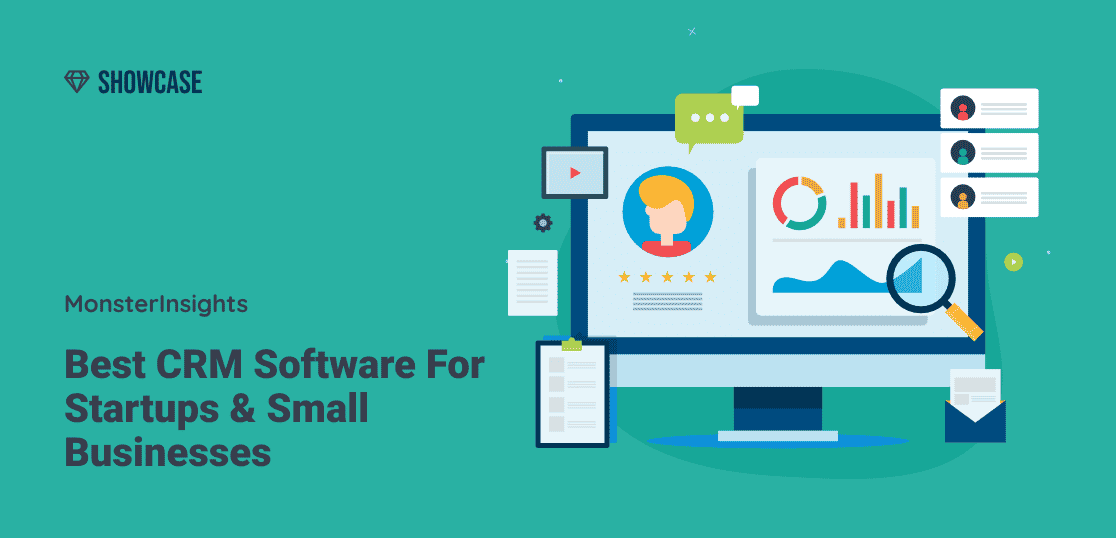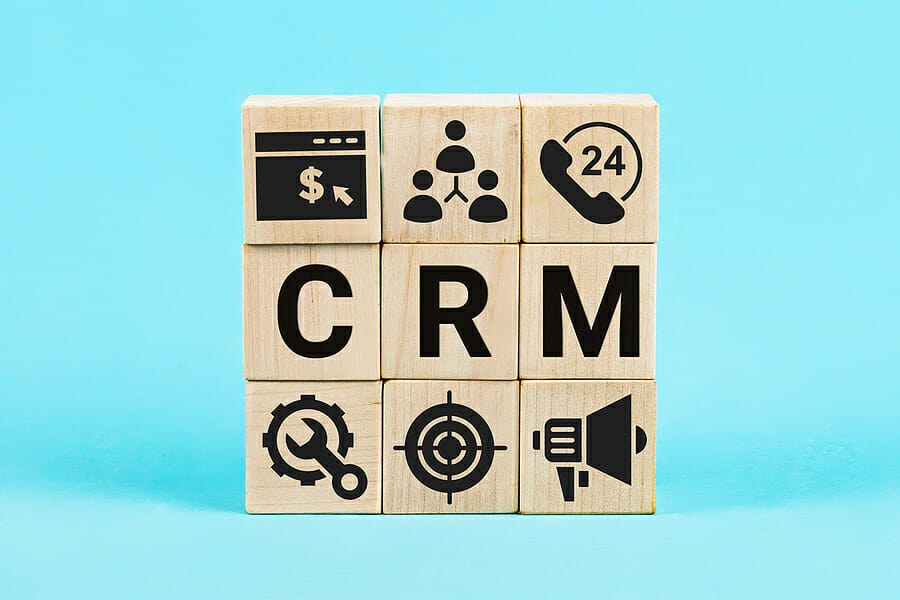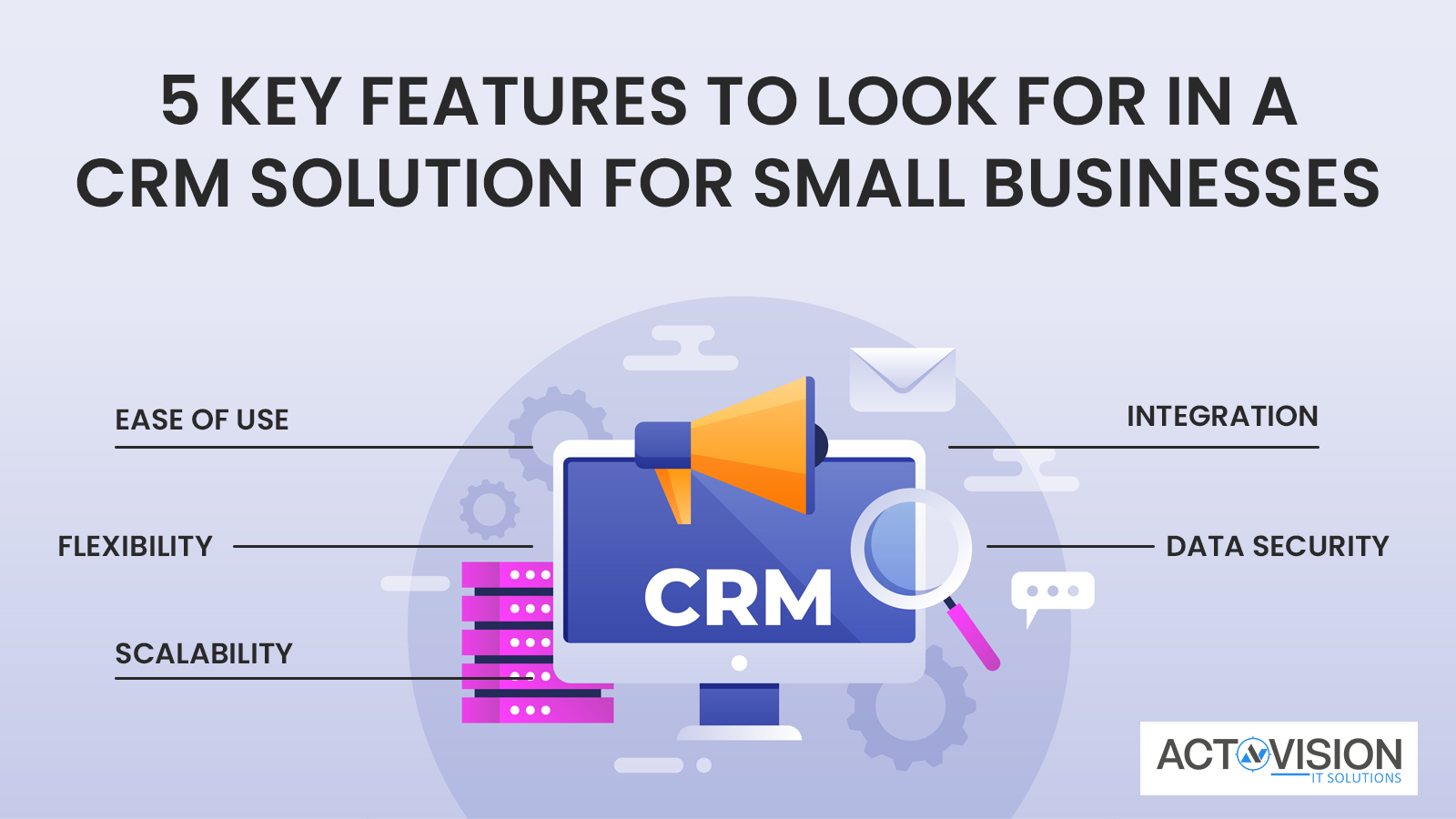The Ultimate Small Business CRM Checklist for 2025: Your Roadmap to Customer Relationship Success
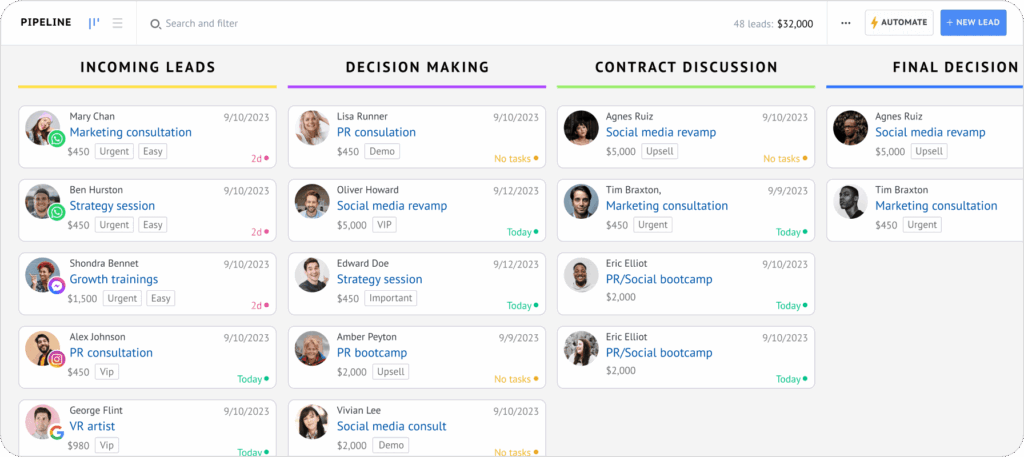
Running a small business is a rollercoaster. One minute you’re celebrating a new client, the next you’re buried under a mountain of emails, spreadsheets, and to-do lists. In the midst of this chaos, something crucial can often get lost: your customers. That’s where a Customer Relationship Management (CRM) system comes in. But choosing the right CRM can feel like navigating a minefield. That’s why we’ve created the definitive small business CRM checklist for 2025. This isn’t just a list of features; it’s a roadmap to building stronger customer relationships, streamlining your processes, and ultimately, boosting your bottom line. Let’s dive in!
Why Your Small Business Needs a CRM in 2025
In today’s hyper-competitive market, customer experience is king. Customers expect personalized interactions, quick responses, and seamless service. A CRM system helps you deliver all of this and more. Here’s why a CRM is no longer a luxury, but a necessity for small businesses in 2025:
- Improved Customer Relationships: CRM systems centralize customer data, giving you a 360-degree view of each customer. This allows you to personalize interactions, understand their needs, and build stronger, more loyal relationships.
- Increased Efficiency: Automate repetitive tasks, such as data entry and follow-up emails, freeing up your team to focus on more strategic activities.
- Better Sales Performance: Track leads, manage the sales pipeline, and identify opportunities for upselling and cross-selling, leading to increased revenue.
- Enhanced Marketing Effectiveness: Segment your audience, personalize marketing campaigns, and track the performance of your marketing efforts.
- Data-Driven Decision Making: Gain valuable insights into customer behavior and sales performance, allowing you to make informed decisions about your business.
- Scalability: Choose a CRM that can grow with your business, ensuring it remains a valuable asset as you expand.
The 2025 Small Business CRM Checklist: Your Feature Guide
This checklist is designed to help you evaluate CRM systems and choose the one that best fits your specific needs. We’ve broken it down into key areas, covering essential features and functionalities. Remember to tailor this checklist to your unique business requirements.
1. Contact Management
This is the foundation of any good CRM. It’s where you store and manage all your customer information. Look for these features:
- Contact Database: The ability to store and organize contact information, including names, addresses, phone numbers, email addresses, and social media profiles.
- Contact Segmentation: Group contacts based on various criteria (e.g., demographics, purchase history, lead source) for targeted marketing and sales efforts.
- Contact Activity Tracking: Record all interactions with a contact, including emails, phone calls, meetings, and website visits.
- Data Import/Export: Easily import and export contact data from spreadsheets or other systems.
- Duplicate Contact Detection: Automatically identify and merge duplicate contact records to maintain data accuracy.
- Notes and Attachments: The ability to add notes, attach documents, and store relevant information for each contact.
2. Sales Automation
Sales automation streamlines your sales process, freeing up your sales team to focus on closing deals. Key features include:
- Lead Management: Capture and track leads from various sources, such as website forms, social media, and email campaigns.
- Lead Scoring: Automatically score leads based on their engagement and behavior, prioritizing the most promising prospects.
- Sales Pipeline Management: Visualize and manage your sales pipeline, tracking deals through each stage of the sales process.
- Task Automation: Automate repetitive tasks, such as sending follow-up emails, scheduling appointments, and creating tasks.
- Email Tracking: Track email opens, clicks, and replies to measure the effectiveness of your sales emails.
- Deal Management: Track the progress of deals, including estimated value, close date, and probability of success.
- Quote Generation: Create and send professional-looking quotes directly from the CRM.
3. Marketing Automation
Marketing automation helps you nurture leads, personalize your marketing campaigns, and track your results. Essential features include:
- Email Marketing: Design and send email campaigns, segment your audience, and track email performance.
- Marketing Automation Workflows: Create automated workflows to nurture leads, onboard new customers, and re-engage inactive customers.
- Landing Page Creation: Build landing pages to capture leads and promote your products or services.
- Social Media Integration: Connect your CRM to your social media accounts to manage your social media presence and track social media interactions.
- Campaign Tracking: Track the performance of your marketing campaigns, including open rates, click-through rates, and conversion rates.
- Lead Nurturing: Nurture leads with targeted content and automated email sequences.
4. Customer Service & Support
Providing excellent customer service is crucial for building customer loyalty. Look for these features:
- Ticketing System: Manage customer support requests through a ticketing system, ensuring that all issues are tracked and resolved efficiently.
- Help Desk Integration: Integrate your CRM with your help desk software for seamless customer support.
- Knowledge Base: Create a knowledge base with FAQs, articles, and tutorials to help customers find answers to their questions.
- Live Chat Integration: Integrate live chat functionality to provide real-time customer support.
- Customer Feedback Management: Collect and analyze customer feedback to improve your products and services.
5. Reporting and Analytics
Data is the lifeblood of any successful business. Your CRM should provide robust reporting and analytics capabilities.
- Customizable Dashboards: Create custom dashboards to track key performance indicators (KPIs) that are relevant to your business.
- Sales Reports: Generate sales reports to track sales performance, identify trends, and forecast future sales.
- Marketing Reports: Track the performance of your marketing campaigns, including open rates, click-through rates, and conversion rates.
- Customer Service Reports: Track customer service metrics, such as response times, resolution times, and customer satisfaction scores.
- Data Visualization: Visualize your data with charts and graphs to easily understand your performance.
- Data Export: Export your data in various formats for further analysis.
6. Integrations
Your CRM should integrate seamlessly with other tools you use, such as:
- Email Marketing Platforms: Integrate with email marketing platforms like Mailchimp, Constant Contact, or ConvertKit.
- Accounting Software: Integrate with accounting software like QuickBooks or Xero.
- Project Management Software: Integrate with project management software like Asana or Trello.
- E-commerce Platforms: Integrate with e-commerce platforms like Shopify or WooCommerce.
- Social Media Platforms: Integrate with social media platforms like Facebook, Twitter, and LinkedIn.
- Other Business Tools: Integrate with other business tools you use, such as calendar apps, document storage, and communication platforms.
7. Mobile Accessibility
In today’s mobile world, it’s crucial to have access to your CRM on the go. Look for these features:
- Mobile App: A dedicated mobile app for iOS and Android devices.
- Mobile-Responsive Design: A CRM that is responsive and works well on mobile devices.
- Offline Access: The ability to access and update data even when you don’t have an internet connection.
- Push Notifications: Receive push notifications for important updates and tasks.
8. Security and Compliance
Protecting your customer data is paramount. Ensure your CRM offers robust security features:
- Data Encryption: Encrypt your data to protect it from unauthorized access.
- User Permissions: Control access to data and features based on user roles and permissions.
- Regular Backups: Ensure your data is backed up regularly.
- Compliance with Data Privacy Regulations: Ensure the CRM complies with relevant data privacy regulations, such as GDPR and CCPA.
- Two-Factor Authentication: Enable two-factor authentication to add an extra layer of security.
9. Customization and Scalability
Your CRM should be customizable to meet your specific needs and scalable to grow with your business:
- Custom Fields: Add custom fields to store data that is specific to your business.
- Workflow Automation: Customize workflows to automate your business processes.
- Integration with APIs: Integrate with other systems using APIs.
- Scalability: Choose a CRM that can handle your growing data and user base.
- User-Friendly Interface: The system should be easy to navigate and use.
10. Pricing and Support
Consider the cost of the CRM and the level of support offered:
- Pricing Plans: Choose a pricing plan that fits your budget and your business needs.
- Free Trial: Take advantage of free trials to test the CRM before you commit.
- Customer Support: Ensure the CRM provider offers adequate customer support, including documentation, tutorials, and live support.
- Training and Onboarding: See if the CRM provider offers training and onboarding resources to help you get started.
Step-by-Step Guide to Choosing the Right CRM for Your Small Business
Now that you have a comprehensive checklist, let’s walk through the process of choosing the right CRM for your small business:
1. Define Your Needs and Goals
Before you start evaluating CRM systems, take the time to define your business needs and goals. What do you want to achieve with a CRM? What are your biggest pain points? What are your specific requirements? This will help you narrow down your options and choose a CRM that is a good fit for your business.
- Identify Your Pain Points: What are the biggest challenges you face in managing your customer relationships?
- Define Your Goals: What do you want to achieve with a CRM? (e.g., increase sales, improve customer satisfaction, streamline processes)
- Determine Your Budget: How much are you willing to spend on a CRM?
- Identify Your Team’s Needs: Consider the needs of your sales, marketing, and customer service teams.
2. Research CRM Options
Once you know your needs, it’s time to research CRM options. There are many CRM systems available, so it’s important to do your homework. Read reviews, compare features, and consider the pricing plans.
- Read Reviews: Read online reviews from other small businesses.
- Compare Features: Compare the features of different CRM systems.
- Consider Pricing: Compare the pricing plans of different CRM systems.
- Check Integrations: Make sure the CRM integrates with the other tools you use.
- Look for Free Trials: Take advantage of free trials to test the CRM before you commit.
3. Evaluate CRM Systems
Narrow down your options and evaluate the CRM systems that meet your basic requirements. Consider the following factors:
- Ease of Use: Is the CRM easy to use and navigate?
- Features: Does the CRM offer the features you need?
- Integration: Does the CRM integrate with the other tools you use?
- Pricing: Is the pricing plan affordable?
- Customer Support: Does the CRM provider offer adequate customer support?
- Scalability: Can the CRM grow with your business?
4. Test Drive the CRM
Before you commit to a CRM, take advantage of free trials or demo accounts to test drive the system. This will give you a feel for the user interface and the features. Try using the CRM with your own data to see how it works in practice.
- Import Your Data: Import your contact data and test the CRM’s contact management features.
- Test the Sales Pipeline: Test the CRM’s sales pipeline management features.
- Send Test Emails: Test the CRM’s email marketing features.
- Explore the Reporting and Analytics: Explore the CRM’s reporting and analytics features.
5. Make Your Decision and Implement
After evaluating the CRM systems, make your decision and implement the chosen CRM. This involves setting up the system, importing your data, training your team, and customizing the CRM to meet your specific needs.
- Choose the Best CRM: Select the CRM that best fits your needs and budget.
- Set Up the CRM: Set up the CRM and configure the settings.
- Import Your Data: Import your contact data and other relevant information.
- Train Your Team: Train your team on how to use the CRM.
- Customize the CRM: Customize the CRM to meet your specific needs.
- Go Live: Start using the CRM and track your results.
Top CRM Systems for Small Businesses in 2025
The CRM landscape is constantly evolving. Here are some of the top CRM systems that are likely to be popular among small businesses in 2025, based on current trends and anticipated advancements:
- HubSpot CRM: Known for its free CRM plan and user-friendly interface, HubSpot is a popular choice for small businesses. It offers a comprehensive suite of features, including contact management, sales automation, marketing automation, and customer service tools.
- Zoho CRM: Zoho CRM offers a robust set of features at a competitive price point. It’s a good option for businesses looking for a customizable and scalable CRM. It integrates well with other Zoho apps and third-party services.
- Salesforce Sales Cloud: While Salesforce can be more complex, its Sales Cloud offers a powerful and highly customizable solution for businesses of all sizes. It’s a good choice for businesses with complex sales processes and a need for advanced reporting and analytics. However, it can be more costly and may require more technical expertise to implement.
- Pipedrive: Pipedrive is a sales-focused CRM designed to help sales teams manage their deals and close more sales. It’s known for its intuitive interface and visual sales pipeline.
- Freshsales: Freshsales is a sales CRM built for sales teams. It focuses on ease of use, sales automation, and providing insights into sales performance.
Trends Shaping the Future of CRM for Small Businesses
The CRM landscape is constantly evolving. Here are some trends that are likely to shape the future of CRM for small businesses:
- Artificial Intelligence (AI): AI is being integrated into CRM systems to automate tasks, provide insights, and personalize customer interactions. Expect to see more AI-powered features in CRM systems in the coming years, such as AI-powered chatbots, predictive analytics, and automated lead scoring.
- Mobile-First Approach: With the increasing use of mobile devices, CRM systems are becoming more mobile-friendly. Expect to see more mobile apps with enhanced features and functionality.
- Focus on Customer Experience: CRM systems are becoming more focused on customer experience. Expect to see more features that help businesses personalize customer interactions and provide excellent customer service.
- Integration with Other Tools: CRM systems are integrating with more and more tools, such as social media platforms, email marketing platforms, and e-commerce platforms.
- Data Privacy and Security: Data privacy and security are becoming increasingly important. CRM systems are investing in robust security features to protect customer data.
Final Thoughts: Embracing CRM for Small Business Success
Choosing and implementing a CRM system is a significant step towards building stronger customer relationships and achieving business success. By following this checklist and taking the time to evaluate your options, you can find the right CRM for your small business and set yourself up for long-term growth. Remember that the key is to select a system that aligns with your specific business needs and goals. It’s an investment in your future, allowing you to focus on what matters most: your customers and your business’s success.
Don’t be afraid to experiment, try out different features, and find the CRM that empowers your team and helps you thrive in the ever-evolving business landscape. The right CRM is more than just software; it’s a strategic partner in your journey to building lasting customer relationships and achieving sustainable growth. Good luck, and happy CRM-ing!

